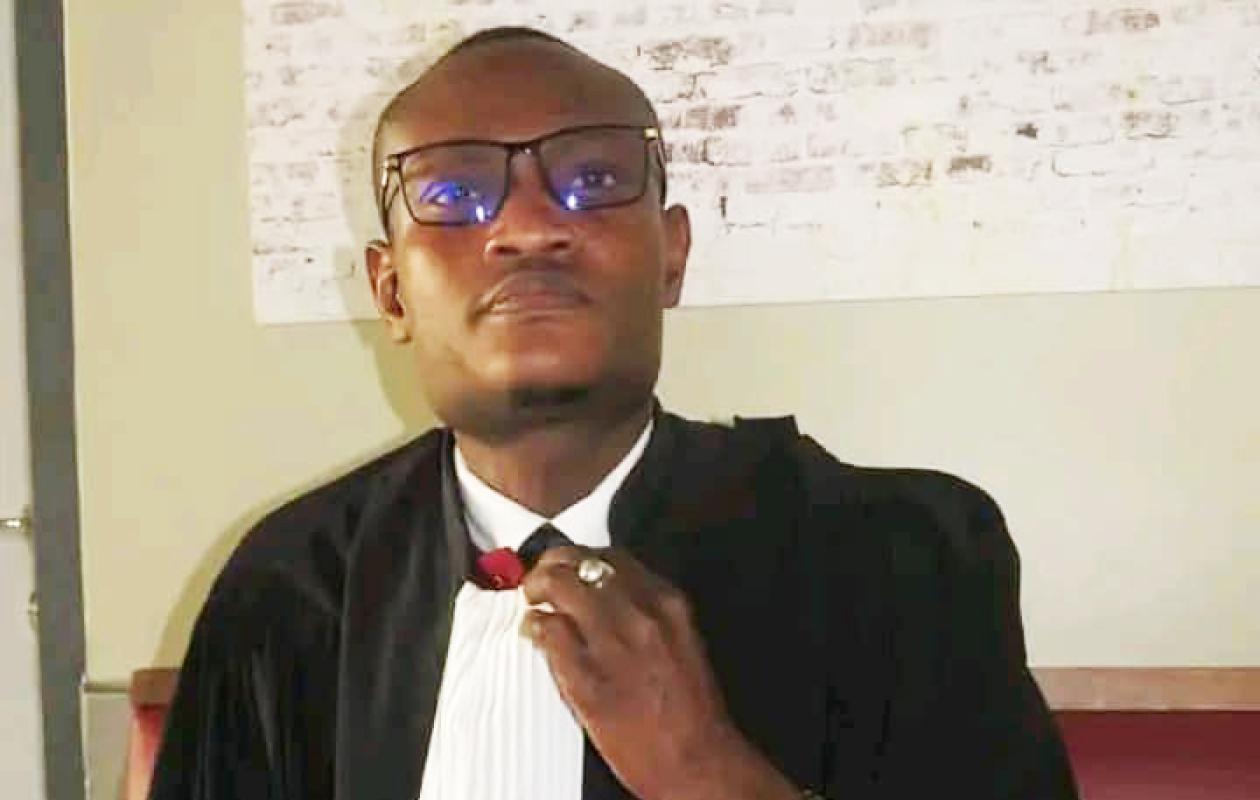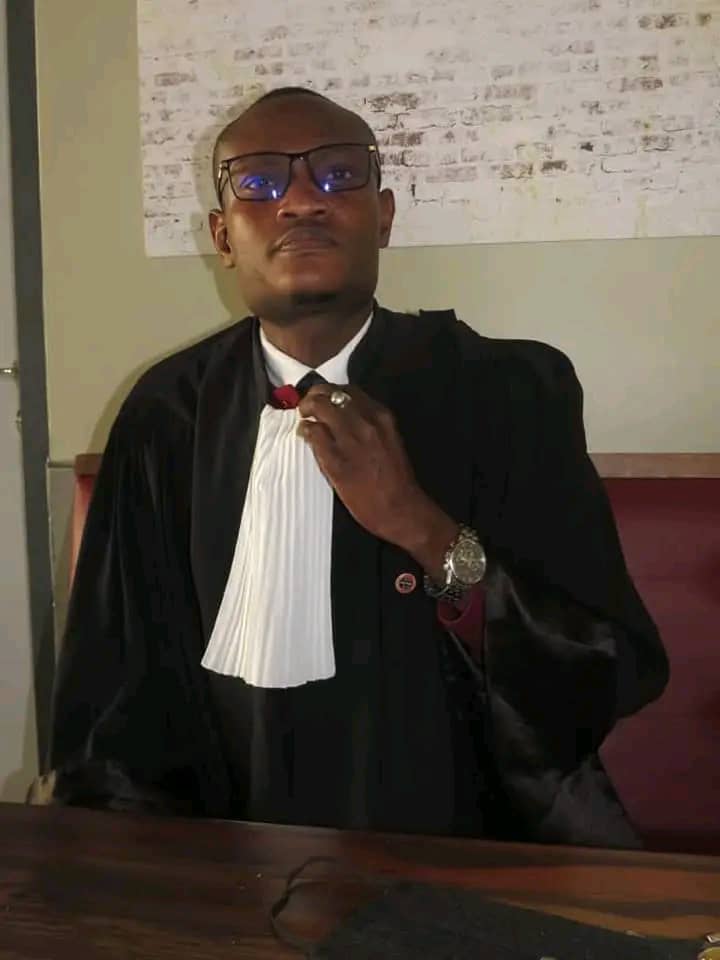
De la haute trahison en droit positif sénégalais (Maître Adama FALL)
Criminal law is a law of prudence, precaution, but above all, of certainty. These combined imperatives mean that a judge can only proceed to a conviction after satisfying three sets of requirements: legality, materiality, and finally, morality, which would reflect a guilty intent.
The first requirement that concerns us at this stage and that seems to us to be inherent in any idea of an offence, is that of its objective apprehension through a legal definition by a legal text and that in the same logic a text provides for the sanction attached to it.
This is the principle of legality of offences and penalties.
But make no mistake, the law in question is certainly not the constitution. It is clear that the constituent power has never intended to define offenses and penalties. However, while such an attempt is not insignificant when initiated by Parliament, the spirit of criminal law must jealously guard its principles and scope.
In truth, an offense can be conceived as the social situation that repressive laws define and punish.
In other words, the offence rests on two fundamental pillars: the incrimination and the sanction.
The Senegalese constituent assembly confirms this reasoning in Article 9, paragraph 2 of the constitution when it states that: "No one may be convicted except by virtue of a law which came into force before the act committed."
This principle is reinforced by the Senegalese penal code, which in its article 4 reaffirms the principle of legality of punishments and offenses.
Far be it from me to deny the conceptual validity of the notion of High Treason. It has existed and challenged general theories of criminal law. In historical jurisprudence, it served as a basis for criminal judges to punish conduct linked to serious threats to the safety and security of the State, national defense, and territorial integrity.
Its abandonment by the reform of the French penal code reflects the desire to exclude approximations and broad generalities from the list of criminal offenses. Articles 411-2 to 411-11 of the new French penal code allow for the prosecution of serious offenses formerly considered equivalent to high treason.
In Senegal, however, Article 101 of the constitution, which states that "The President of the Republic is only responsible for acts carried out in the exercise of these functions in cases of high treason," is notable only for its vagueness.
He does not define high treason himself, nor does he refer to another text for the incrimination, let alone for the punishment.
Notwithstanding the abundant legal and political literature, it must be recognized that an offence of High Treason does not exist in positive Senegalese law.
Articles 56, 57, and 58 of the penal code criminalize and punish the offense of treason. This offense, by virtue of the principle "one should not distinguish where the law does not distinguish," should not be confused with that of high treason.
The alternative argument, which claims that any offense committed by a President of the Republic in the exercise of their duties constitutes high treason, would be laughable were it not for the bad faith underlying it. To accept such reasoning is to acknowledge a classification of offenses not based on the social value of the crime, but rather on the individual perpetrator.
The sacrosanct principles of the generality and impersonality of the law would suffer gravely.
In conclusion, I would simply say that criminal law must offer the magistrate such an accurate picture of penalties and offenses that, faced with a social offense, he can easily choose the law that criminalizes and the one that punishes.
For the act in question to fall under the application of criminal law, it must be targeted and defined by a specific provision which gives it its legal form, sets the penalty, and is the basis for repression.
Otherwise, the legal security of the citizen is threatened, and the rule of law is dying.
Attorney Adama FALL
Lawyer at the Court
Winner of the Caen Memorial
Graduate of the Institute of Criminal Defense

Commentaires (8)
En moins de deux semaines, on apprend par les organes de presse que deux élèves (un de terminale à Thiès et un autre de quatrième à Kaolack) se sont fait exclure définitivement pour des motifs qui ne le justifient pas.
Pour le dernier, il s’agit de l’usage du portable en classe et il a effectivement fauté. Je ne conteste nullement la mise en œuvre du conseil de discipline puisqu’il faut que cela serve d’exemple. Ce que je conteste, c’est la disproportion entre la faute et la sanction. Un conseil de discipline dispose d’une échelle de sanctions en fonction de la gravité du fait commis. Là, les membres ont donc voté pour la sanction ultime. Une exclusion temporaire, un blâme, une mesure de réparation….. sont aussi des sanctions dont le conseil de discipline peut user. Le chef d’établissement peut aussi exclure sans dépasser un certain nombre de jours. Quand j’étais collégien, j’avais envoyé accidentellement un noyau de jujube au tableau et la prof avait pensé que je la visais. Heureusement que ce n’est pas aujourd’hui car c’est quand même plus grave. Je crois que j’avais écopé d’une semaine et cela m’avait suffi.
Dans l’endroit où je vis aujourd’hui, quand votre enfant use de son téléphone en classe, on le lui confisque jusqu’à la fin de la journée et un des parents est obligé de venir le récupérer même si cela les fait « chier ». En cas de récidive, c’est une exclusion de plusieurs jours et si cela persiste, on passe au conseil de discipline. Je peux vous certifier que des récidives il y en n’a quasiment jamais.
Surtout, quand l’I.A sera intégrée dans l’enseignement, le portable fera bien partie des outils d’apprentissage et les règlements intérieurs vont bouger sur ce point.
Tout cela pour dire que ce n’est pas parce que les adultes ont un arsenal de sanctions qu’il faut qu’ils en abusent à l’extrême. Autrement, l’école n’est plus éducative mais répressive et les enfants auront toutes les raisons de dévier.
Le problème est que cette éventuelle loi ne serait applicable qu’à partir du Président qui l’aurait promulgué
Participer à la Discussion
Règles de la communauté :
💡 Astuce : Utilisez des emojis depuis votre téléphone ou le module emoji ci-dessous. Cliquez sur GIF pour ajouter un GIF animé. Collez un lien X/Twitter, TikTok ou Instagram pour l'afficher automatiquement.